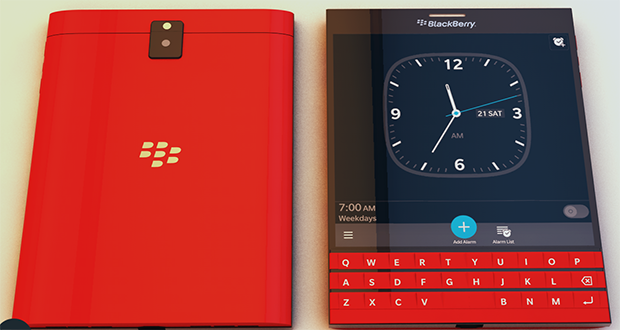We have seen a nice amount of progress from BlackBerry this year, with the new BlackBerry Passport and the upcoming “unconventional” handsets, as announced by BlackBerry CEO John Chen. Even so, the company is still struggling with revenue because its user base has considerably shrunk in the past few years, taking the company’s popularity with it. Lenovo has already tried buying out BlackBerry in October, 2013, but was met with reticence by the Canadian government, where BlackBerry HQ is, because the company supposedly had ties with national security. It seems that Lenovo did not give up on BlackBerry and rumor has it that the company should be bidding a price for BlackBerry sometime this week. Lenovo has had a great fiscal year with a steady growth, and its PC branch is the first in the world according to its sales and revenue. Lenovo is already in the process of buying Motorola Mobility from Google, but it seems that the company wants to expand its mobile reach even further with an alleged bid for BlackBerry.
BlackBerry CEO John Chen has assured customers that BlackBerry would be back on track soon, and the BlackBerry Passport is the first example of how Chen is trying to re-design the company. Chen also announced that BlackBerry would be rolling out 4 new unconventional handsets, as well as the BlackBerry Classic or Q20 by the end of 2014. At the same time, Chen reiterated the fact that BlackBerry would be shifting its main focus from the mobile industry towards enterprise and corporate solutions and services, since the company is praised for its encryption services, security as well as for the BlackBerry OS and BBM. Their software is praised as one of the most private and secure, perfect for corporate environments. BlackBerry handsets have also focused on separating work from play, being the ideal phones for office environments because they make it easy for you to have two SIM cards, two different data plans, one controlled by the company, and another by the owner. While some big companies have shifted to iPhones and iPads in the past few years, surveys and statistics conducted after the BlackBerry Passport was officially launched point towards a change in that matter, hinting at the fact that corporate offices are starting to appreciate BlackBerry services more.

Even so, rumor has it that Lenovo has already set up a bidding system and the company would offer $15 per share initially, going up to $18 per share as a final offer. Neither company has commented about the alleged buyout, but rumor has it that the deal will actually be happening this week. We don’t know whether the deal means an actual buyout accepted by BlackBerry or just a bid from Lenovo to try and acquire the company. We also don’t know whether Lenovo is targeting just the BlackBerry handsets branch, or the whole bundle of BlackBerry services. We think it is unlikely that BlackBerry would sell its software solutions and platforms, because those are becoming increasingly popular and might get the company back on its feet. In any case, we will find out whether this rumor is true by the end of the week, supposedly.
 Load the Game Video Games, Reviews, Game News, Game Reviews & Game Video Trailers
Load the Game Video Games, Reviews, Game News, Game Reviews & Game Video Trailers


